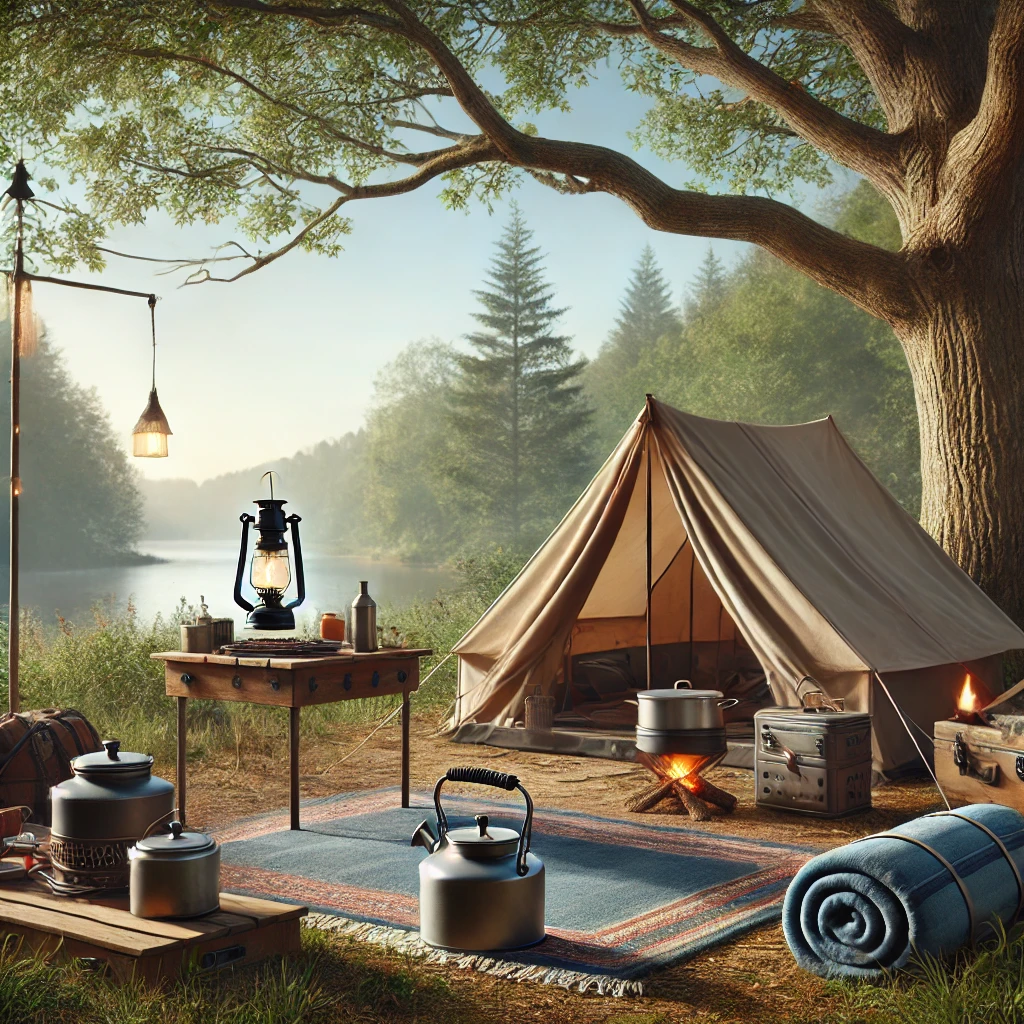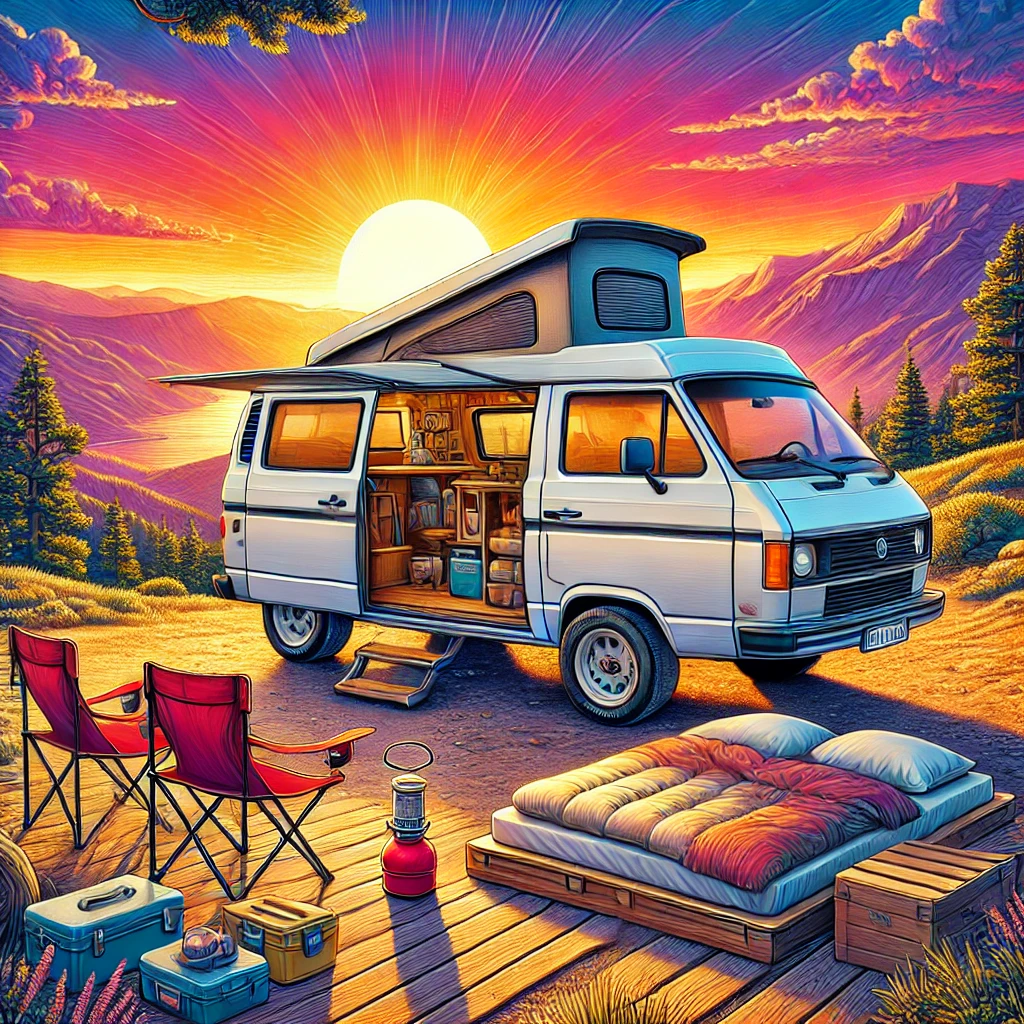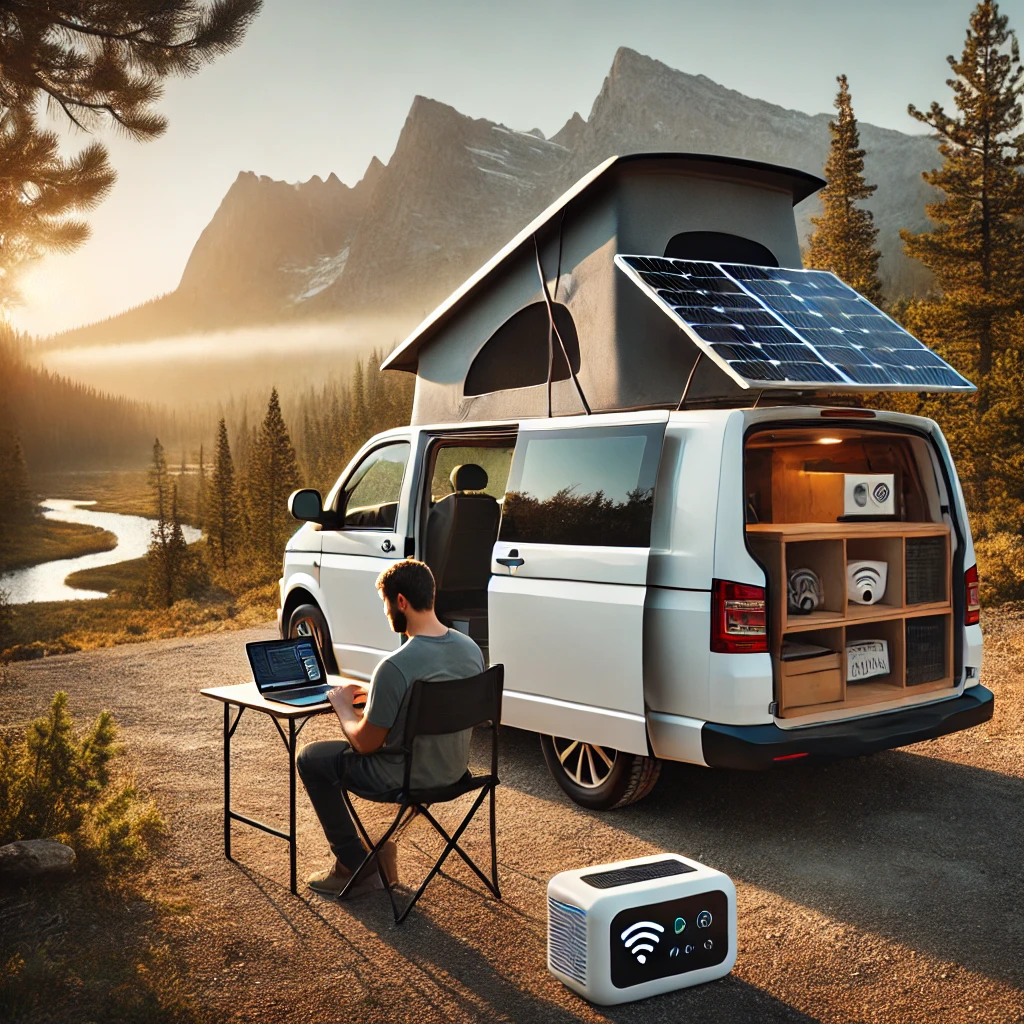a Perfect Outdoor Adventure

Campsite Essentials
A successful camping trip begins with a well-organized campsite setup. Ensure your shelter is secure with a durable tent, footprint, and stakes for stability. Don’t forget essential camping gear like sleeping bags and pads to keep warm and comfortable, while a camping pillow enhances your rest. For illumination, headlamps or flashlights with extra batteries are crucial, and a lantern serves as a secondary light source. Consider optional items like a sunshade, tarp, or screen house for added comfort.
Tools & Repair Items
Preparing for contingencies is key during your outdoor excursion. A multi-tool offers versatility, while duct tape is perfect for quick fixes. Pack an extra cord and a tent-pole repair sleeve to handle structural issues with your tent. A pad or mattress repair kit ensures your sleeping arrangements remain intact. Bring along a mallet or hammer for securing the tent stakes and a saw or axe for managing firewood. A small broom and dustpan help maintain a tidy site.
Kitchen Necessities
Your camp kitchen should include a reliable stove and enough fuel to last your trip. Be sure to have matches, a lighter, or a fire starter for cooking and warmth. Cook pots and a frying pan, along with essential eating and cooking utensils, facilitate meal preparation. Don’t overlook a bottle opener, can opener, and corkscrew for beverages. A sharp knife and cutting board are vital for food prep. For a cozy meal under the stars, ensure you have a well-organized cooking setup.
Campsite Extras
Enhance your camping experience with some campsite extras. Navigation tools like a map, compass, or GPS are essential in remote locations. Binoculars enhance wildlife viewing, and field guides can help identify local flora and fauna. A star chart facilitates stargazing, while a book or reading material offers relaxation. Music players or games can provide entertainment during downtime.
Clothing & Footwear
Appropriate clothing is vital for comfort and protection against the elements. Moisture-wicking underwear and T-shirts, along with quick-drying pants or shorts, are ideal for warm weather. Long-sleeve shirts protect against the sun and bugs, while a lightweight fleece or jacket adds warmth in cooler conditions. Choose footwear suited to the terrain and pair them with synthetic or wool socks. For rainy or cold weather, pack rainwear, long underwear, and a warm insulated jacket or vest.
Health & Hygiene
Maintaining hygiene and health in the wilderness requires preparation. Carry toilet paper, hand sanitizer, and a toothbrush with toothpaste for cleanliness. A first-aid kit is essential for treating injuries. For sun and bug protection, use sunscreen, sunglasses, a sun hat, and insect repellent. Hygiene products like baby wipes, a sanitation trowel, and antibacterial wipes support personal care needs.
Camping FAQ
What should I pack for a camping trip?
You should pack a tent, sleeping bag, food, water, clothes, first aid kit, flashlight, and camping gear like a stove or grill.
How do I set up a tent?
Choose a flat, dry spot, clear away any debris, lay out your tent, assemble the poles, insert them into the tent, and secure the tent with stakes.
How do I start a campfire safely?
Make sure campfires are allowed, clear a 10-foot area around the fire pit, build your fire in a pit or ring, and never leave it unattended.
What are some good camping recipes?
Try cooking foil packet meals, s’mores, grilled meats, or one-pot meals like chili or stew.


